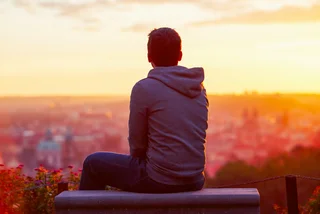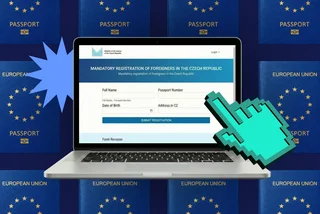Elizabeth Perry, a 65-year-old teacher from Pittsburgh, has called Prague home for the past decade. This Saturday, she’ll join a group of fellow Americans near the banks of the Vltava—but not for a social gathering or picnic. Instead, Perry and others will be raising their voices from afar about political events unfolding thousands of miles away.
Scott Nixon, an American writer, editor, and longtime Prague resident, will also attend this weekend’s No Tyrants protest, a collective response to what organizers say is the rise of authoritarianism.
“I used to take pride in what my country—and even the Republican Party—stood for,” he says. “Now, both have strayed so far that it feels hypocritical to those original values. I’m attending not only to broadcast those ideals but also to ask myself: What was I doing while this moment in history unfolded?”
Protests abroad, impact at home
From Iranian women cutting their hair in defiance of morality laws to Venezuelans marching through Wenceslas Square against President Nicolás Maduro’s regime, the Czech capital has become a place where international voices come together to demand change.
“All protests are symbolic—but that doesn’t make them less important,” Perry says. “As citizens of a democracy, protesting lets us stand up for what we believe in between elections. We raise our voices because we care.”
But not everyone feels the same urgency. Julie, a Prague-based writer from California who won’t be attending the protest, confesses, “I feel a little apathetic, especially living so far away. Honestly, nothing surprises me about this president anymore.”
Still, despite apathy, she recognizes that such actions can raise awareness, shift media narratives, and influence policymakers.
History offers proof. Belarusian expats were instrumental in lobbying the European Union for sanctions after the 2020 crackdown in Minsk. Iranian women living in Europe and North America helped ignite a global movement following the death of Mahsa Amini at the hands of the country's morality police. And during the Cold War, protests by Czech dissidents in exile helped draw global attention to human rights abuses behind the Iron Curtain.
“Will Prague’s protest on Saturday make the evening news in the U.S.?” Julie asks. “Probably not. But look at Tesla’s tumbling sales across Europe. Look at Trump flip-flopping on tariffs. Protests big and small have the power to move mountains.”
What can you do from abroad?
Watching from a distance, Nixon admits, can feel powerless. “It’s frustrating when you’re far away and can’t do much beyond writing and trying to connect with others who feel the same,” he says. “But finding your voice still matters—it’s the one thing they can’t take from you.”
For many Americans overseas, voicing dissent isn’t limited to marching or raising awareness—it’s also about defending their own democratic rights, says Julia Bryan, Vice Chair of Democrats Abroad and global coordinator of the group’s resistance program.
“Trump is working to make it harder to vote both in the U.S. and abroad,” Bryan notes. “Democrats Abroad is actively pushing back at both the federal and state levels to defend that right.” She says protests are just the beginning.
“The number one thing U.S. citizens abroad can do is call their senators, representatives, and governors and mayors where you vote and let them know what matters to you,” she says.
Bryan encourages Americans overseas to register to vote at votefromabroad.org, stay informed through trusted news sources, and create space for civic dialogue—by hosting small community discussions, something Democrats Abroad now supports with toolkits and programming.
Saturday's protest part of wider effort
That commitment to civic action will take shape this Saturday. At 2 p.m. on June 14, U.S. expats and allies will gather in front of Prague's Rudolfinum as part of the worldwide No Tyrants protest movement.
The Prague event is one of an estimated 40 coordinated actions across Europe, the UK, and the U.S.—organized not just to send a message home, but to encourage reflection among Americans living abroad.
“This protest is in solidarity with others around the world,” says Nixon. “Mostly, protests like these are about alerting fellow expats to what their communities are doing in foreign cities—and making them question their own views about the government they left behind.”
For Perry, protesting abroad is part of a larger commitment to democracy. “Showing up reminds the world we vote, we care, and we object to actions taken in our name,” she says. “My friends and family across the U.S. are protesting fascism and harmful policies. I want to do my part—silence is not an option.”
Bryan agrees. “It’s energizing for our partners at home to hear that people in Prague, Paris, Berlin, and Mexico City are standing up. Our protests show the world that many Americans still believe in democracy—and in the importance of civil society.”












 Reading time: 4 minutes
Reading time: 4 minutes 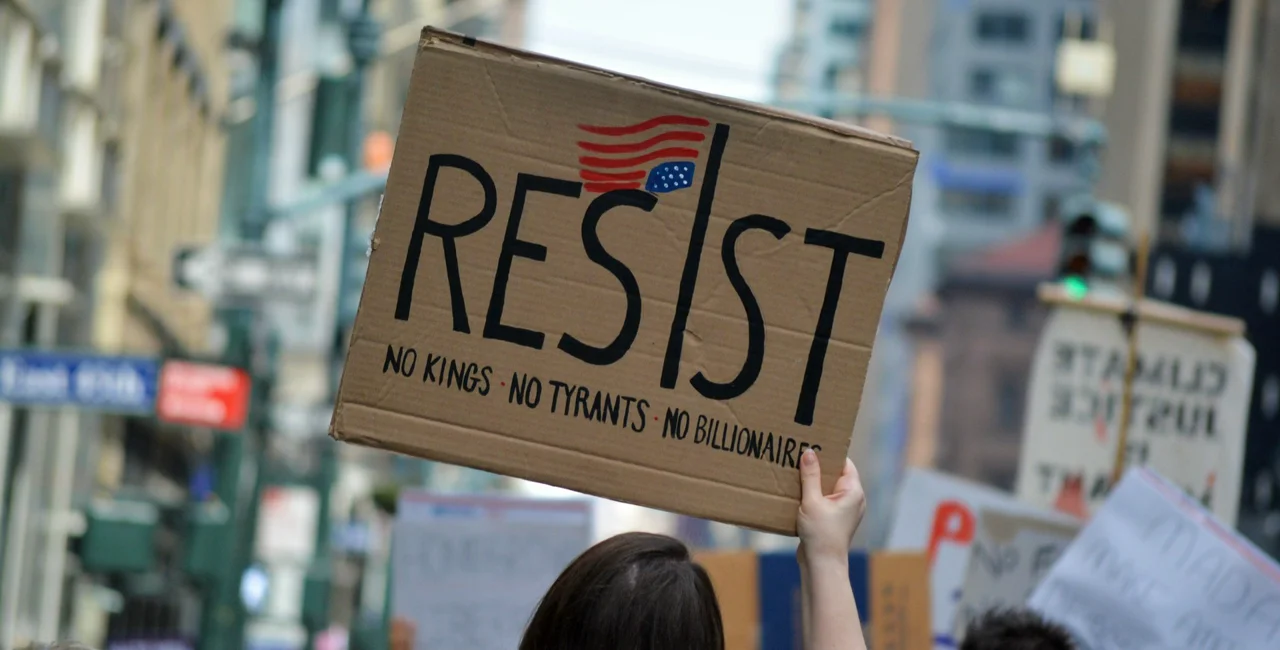


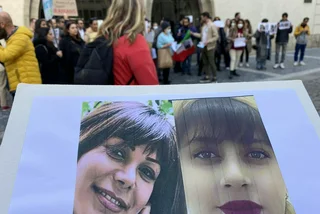

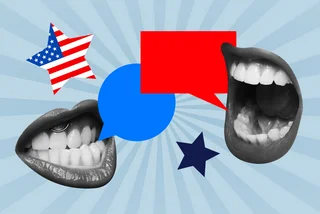
 English
(Proficient)
English
(Proficient)
